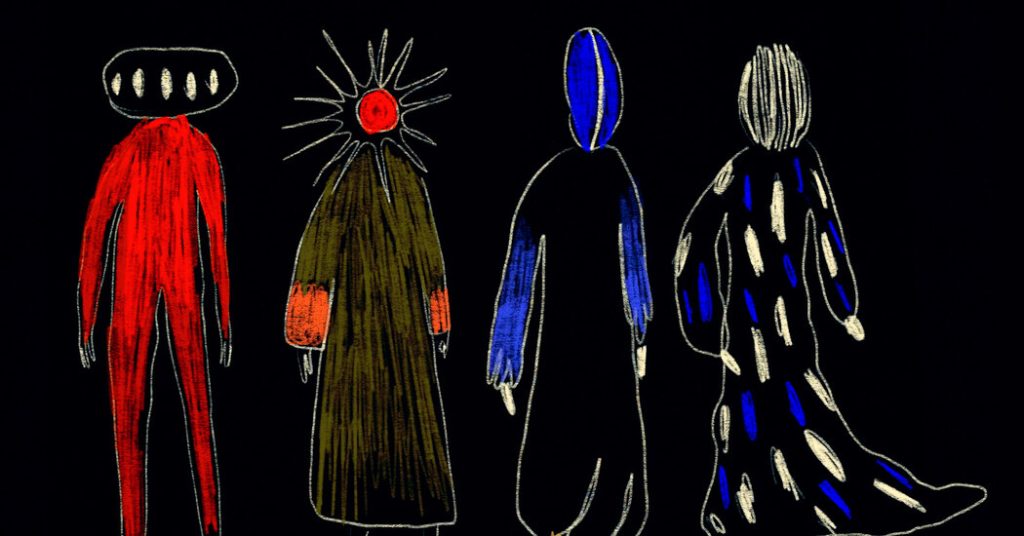Heinrich Heine found Kant to be more ruthlessly revolutionary than Robespierre, which is a notion that may seem puzzling at first, given Kant’s reputation as a philosopher rather than a political figure. Kant’s main goal was to prove that ideas like freedom and justice are not just fantasies, as ordinary people often wonder about their reality. However, Kant’s writing style, coupled with a negative early review accusing him of denying the existence of ordinary objects, has led to misinterpretations of his work.
If Kant had died before his 57th birthday, he would have been remembered by a few scholars for some early texts. However, he withdrew from writing in 1770 to compose his seminal work, the “Critique of Pure Reason,” which he published in 1781. A critical review accusing him of being a solipsist prompted Kant to hasten a second edition of the book and write the “Prolegomena.” The latter, being shorter, has led to a skewed interpretation of Kant’s work as a whole, with many scholars focusing on his solution to proving the world’s existence.
Kant’s driving question was whether ideas like freedom and justice were mere utopian dreams or had substantial foundations. These ideas make different claims on us than material objects, and some people are impervious to their claims. Kant’s “Critique of Practical Reason” explores this question through a thought experiment involving a man who can resist temptation when faced with a life-threatening consequence, showing that moral action is possible, even if not commonly practiced. Kant’s work delves into the philosophical inquiry of the possibility of acting morally, even in the face of temptation.
Kant’s writing style, combined with a critical review early in his career, has led to misinterpretations of his work. Despite being a challenging writer, Kant’s central question of the reality of ideas like freedom and justice remains relevant today. Through thought experiments and philosophical arguments, Kant sought to demonstrate that moral action is possible, even when faced with temptation. His work continues to provoke thought and reflection on the nature of moral action and the reality of abstract concepts like freedom and justice.


